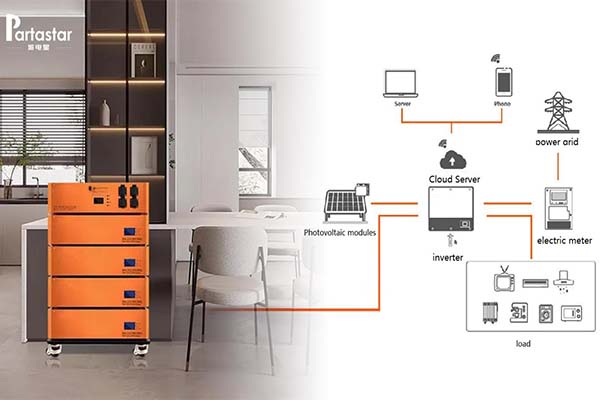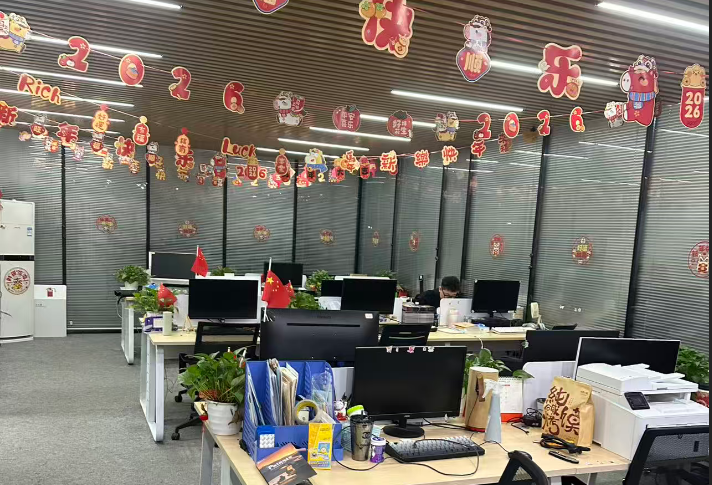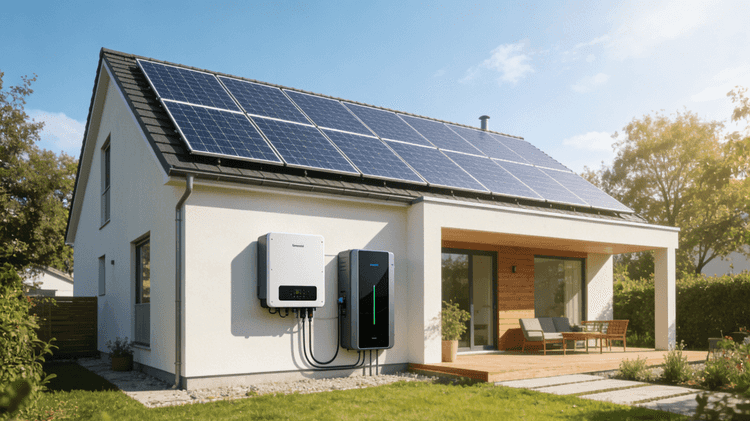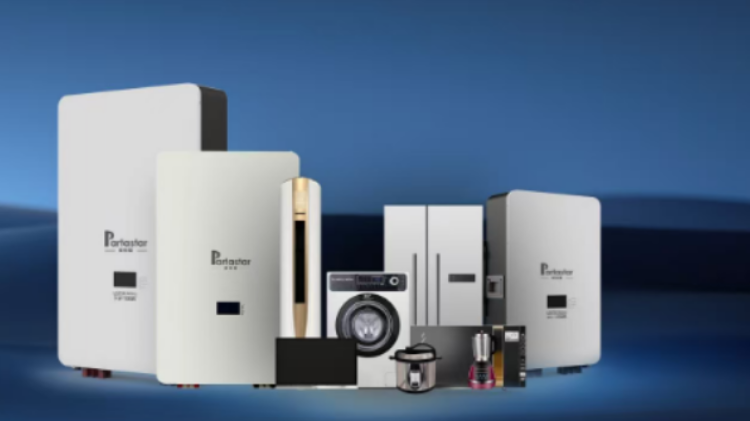Title: What is Household Battery Storage in a Home? Exploring the Advantages and Applications of Home Energy Storage Systems
In today's world, where energy consumption is increasing and renewable energy sources are gaining momentum, the concept of Household Battery Storage in a home has become increasingly important. Home energy storage systems allow homeowners to capture and store excess energy generated from renewable sources like solar panels. In this article, we will delve into the concept of Home Energy Storage System, its advantages, and the various applications that make it a valuable asset for homeowners.
1. Understanding Home Energy Storage System:
Home Energy Storage System refers to the practice of storing excess electricity generated by renewable energy systems, predominantly solar panels, within a residential setting. These systems typically consist of batteries that store the surplus energy during periods of low demand and make it available for use during peak demand or when the primary energy source is unavailable.
2. Advantages of Home Energy Storage System:
2.1. Maximizing Self-Consumption:
One of the key advantages of Home Energy Storage System is the ability to maximize self-consumption of renewable energy. Instead of exporting excess energy back to the grid, homeowners can store it for later use, reducing their reliance on the grid and maximizing the utilization of their renewable Home Energy Storage System. This leads to increased energy independence and cost savings.
2.2. Energy Resilience:
Home energy storage systems provide a reliable backup power source during grid outages. By storing excess energy, homeowners can ensure uninterrupted power supply to critical appliances and maintain essential functions in their homes. This enhances energy resilience, particularly in areas prone to power disruptions or during natural disasters.
2.3. Time-of-Use Optimization:
Many utility companies employ time-of-use (TOU) pricing, where electricity rates vary based on the time of day. Home Energy Storage System allows homeowners to take advantage of this pricing structure by storing electricity during low-rate periods and using it during high-rate periods. This helps reduce electricity bills and optimize energy usage.
2.4. Grid Support and Demand Response:
Home energy storage systems can also benefit the grid by participating in demand response programs. During periods of high electricity demand, these systems can discharge stored energy back into the grid, reducing strain and supporting the overall stability of the electrical grid. This interaction between Home Energy Storage System and the grid contributes to a more efficient and sustainable energy ecosystem.

3. Applications of Home Energy Storage System:
3.1. Backup Power:
As mentioned earlier, home energy storage systems provide reliable backup power during grid outages. They can automatically detect power failures and seamlessly switch to stored energy, ensuring uninterrupted power supply to critical loads such as refrigeration, lighting, and medical equipment. This is particularly valuable for homeowners who require a constant power source for safety or medical reasons.
3.2. Peak Shaving and Load Management:
Home Energy Storage System can be used for peak shaving, which involves reducing electricity consumption during periods of high demand. By discharging stored energy during these peak periods, homeowners can avoid drawing energy from the grid when electricity prices are high. Additionally, Home Energy Storage System facilitates load management by distributing energy usage evenly throughout the day, optimizing energy consumption patterns.
3.3. Time Shifting:
Time shifting refers to the ability to store excess energy generated during the day for use during evening hours or times when the primary energy source is not available.Home Energy Storage System enables homeowners to align their energy usage with their daily routines, ensuring a continuous power supply even when solar panels are not actively generating electricity.
3.4. Off-Grid Living:
For homeowners seeking complete energy independence, home energy storage systems can be combined with renewable energy sources, such as solar panels and wind turbines, to create off-grid solutions. These systems allow individuals to live in remote locations or areas with limited grid access while still enjoying the benefits of reliable and sustainable power.
Home energy storage systems play a vital role in maximizing the benefits of renewable energy generation within residential settings. By capturing and storing excess energy, homeowners can increase self-consumption, enhance energy resilience, optimize energy usage, and support the stability of the electrical grid. Whether as a backup power source, a means of reducing electricity bills, or a step towards energy independence, Home Energy Storage System offers numerous advantages for homeowners in their pursuit of sustainable and efficient energy solutions.



